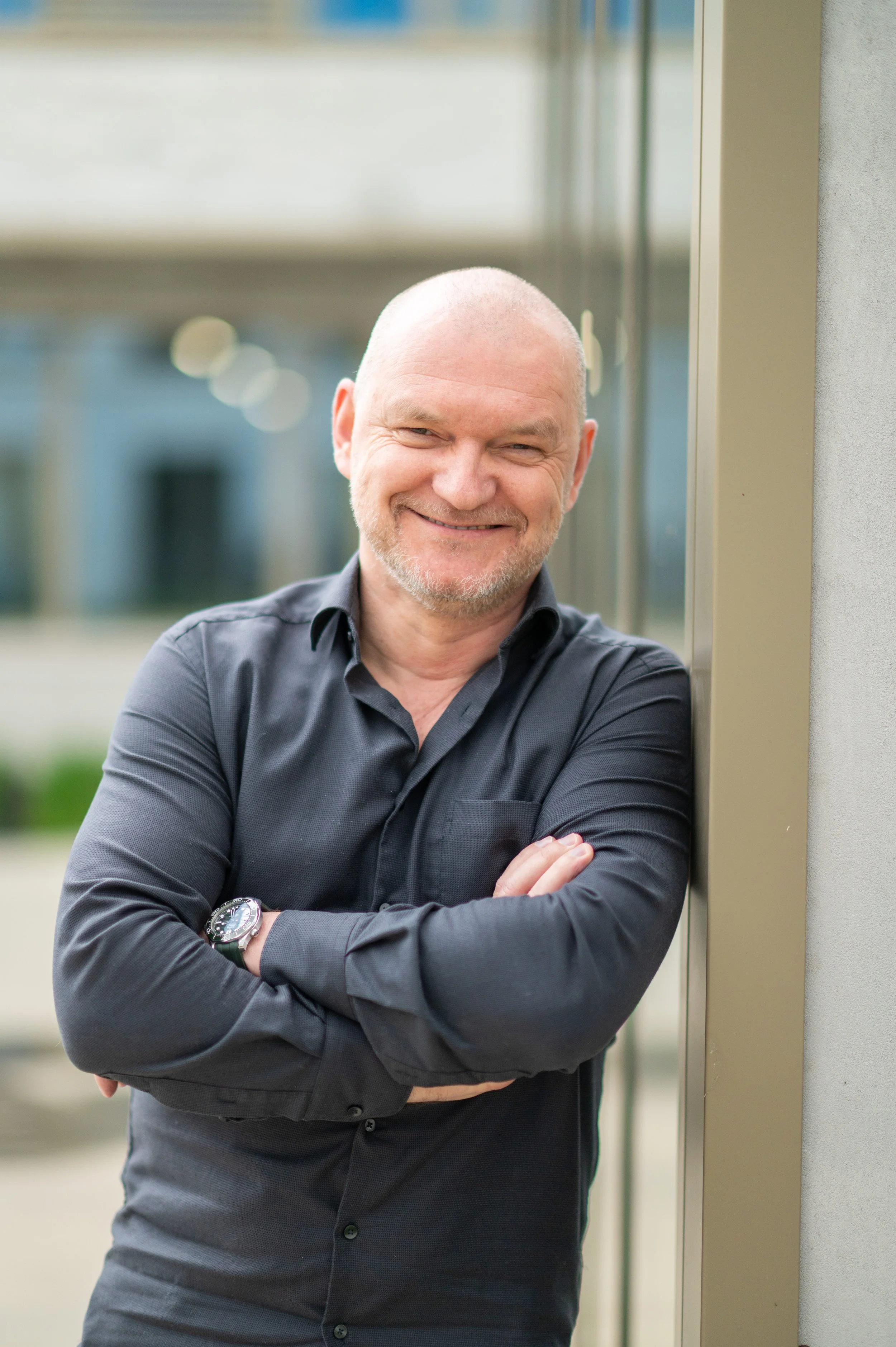A letter to Juliana Lumumba
On April 8, Creative Belgium launched “Sorry is a beginning”: a call to write an apology to Congo on behalf of the Belgian people for the colonial past. I wrote one of the entirees that was shortlisted. My letter was also the one published by News Magazine Knack.

Dear Madam,
There was fire in your eyes, and at times, ice in your words. You asked piercing questions about the secession of Katanga. Your dress colored the screen orange, your presence filled the rest, and I thought: What a woman! When a small banner at the bottom of the screen revealed your last name, I thought: Aaah. Of course.
Lumumba.
Daughter of.
You have his fire in your eyes.
I watched Children of the Colony because I myself am the child of a child of the colony. Long ago, over a few glasses of whiskey, my grandfather confided in his son-in-law, my father: “Lumumba, that was Belgium’s doing.”
My grandfather was there when your father arrived in Elisabethville, on his way to meet his executioners. My grandfather saw it with his own eyes. That’s all I know. He had once promised to tell the whole story someday. A heart attack decided otherwise, and I can no longer ask my father.
You cannot ask your father anymore either: a firing squad decided otherwise.
Your father: Patrice Lumumba, the first elected Prime Minister of the Democratic Republic of Congo. With those eyes, burning with dreams.
How beautiful was that day of independence? From the horrors of the Congo Free State, through the colony, to the Democratic Republic of Congo… in just 80 years. From export slaves to boys, to évolués, to elected national leaders in less than a century.
Your father: the African dream. Long before Biko, long before Mandela. He spoke with such pride, your father, back then. He would no longer be anyone’s negro.
He was allowed to dream for two months. Then Bwana Kitoko showed his ugliest side. The Belgian copper had to be secured. The gold, the diamonds. For the Americans: the uranium—for another Hiroshima, for another Nagasaki.
There are images as old as I am, slicing black and white through the soul. Your father, bound and beaten, displayed to the crowd before being put on the plane to Katanga. One of his executioners grabs him by the hair, forcing him to look into the camera. His gaze is beyond humiliation. It is the oldest gaze in the world—the gaze of a lion that stops fighting because he has been overtaken by too many hyenas.
In those eyes, you see the heart of darkness.
In that gaze, you see death.
My grandfather saw that gaze live. Without a camera lens, without distance, without time. My grandfather, my godfather. With burns all over his body because, as a fourteen-year-old scout, he saved people from a burning building. My grandfather, my hero. My grandfather, who went to retrieve a rusty revolver from a friend when the unrest broke out, not knowing what had happened to his wife. Who, imprisoned in Katanga, played the Moonlight Sonata in what might have been his final hours.
My grandfather, a witness to that gaze of your father.
What does such a gaze do to a person? I never got to ask him.
If the descendants of accomplices in Laken cannot bring themselves to say it, let it be the grandchild of a witness instead. The son of a mother who would lose her heart—and later, her brother—in Congo.
“Lumumba, that was Belgium’s doing.”
Dear Madam, I wish to conclude with your words:
“We must look back: Lumumba is part of our history. But let us move beyond the stage of pain and accusations. Let us accept what we have done—both positive and negative. And let us, as adults, sit together and talk about our shared future.”
What should that future look like?
Someone long ago already said it:
“A free and prosperous Congo, free from tribal conflicts. Where the land belongs to the children of the country. A shining example for Africa.”
I wholeheartedly wish Congo the future your father envisioned.
With the highest regard,
Frédéric De Vries
My contribution to this project
I wrote this letter because as a child of colonists, I felt I had to.
The reactions to it were overwhelming. I got professional prize from colleagues in the creative sector, as well as from total strangers who told me the letter had moved them. After this, for the first time in my career, I started to offer copywriting services as well. I still do so today.


